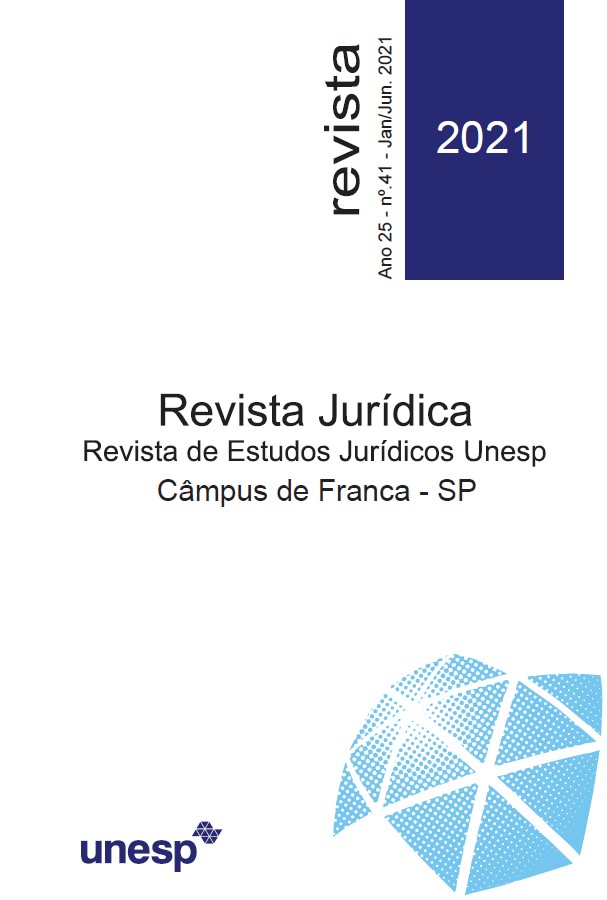TRANSFORMAÇÕES SOCIAIS E A JURIDICIDADE DO BLOQUEIO DE USUÁRIOS NO TWITTER PELOS PRESIDENTES TRUMP E BOLSONARO
DOI:
https://doi.org/10.22171/rej.v25i41.3533Resumo
A ascensão de novas mídias sociais com o advento da internet, como o Facebook, o Twitter e o Instagram geraram não apenas uma nova configuração social e comunicacional, mas também política. Partidos, políticos e movimentos sociais passaram a compreender a relevância das redes sociais para a sua popularização, gerando mais engajamento com o intuito de alcançar objetivos e fins políticos. O presente estudo tem como intuito analisar as novas perspectivas da democracia e da transformação social a partir da utilização das redes sociais, dando atenção inclusive para os limites na comunicação de agentes públicos, observando aspectos como a liberdade de expressão e a liberdade de informação. Foi realizada uma pesquisa bibliográfica com emprego do método hipotético-dedutivo que contou tanto com informações extraídas de diversas origens que ilustram as dinâmicas da participação política nas redes sociais. Os resultados da pesquisa contribuíram para pontuar e identificar a categorização de público e/ou privado de perfis em redes sociais de contas pessoais de figuras públicas, notadamente presidenciais, ilustrando os limites e possibilidades de uso de tais mídias para fins políticos com exemplos como a proibição do bloqueio e banimento de seguidores de Donald Trump pela Suprema Corte norte-americana e por sucessivas ordens restritivas envolvendo pessoas no entorno do presidente brasileiro, Jair Bolsonaro. Assim, juridicamente relevante é identificar que, mesmo perfis pessoais de mandatários podem ter o enquadramento de perfil institucional e público, passível de regulação estatal, notadamente quanto ao modo de usos e abusos.
Downloads
Downloads
Publicado
Como Citar
Edição
Seção
Licença
Copyright (c) 2023 Revista de Estudos Jurídicos da UNESP

Este trabalho está licenciado sob uma licença Creative Commons Attribution 4.0 International License.
























